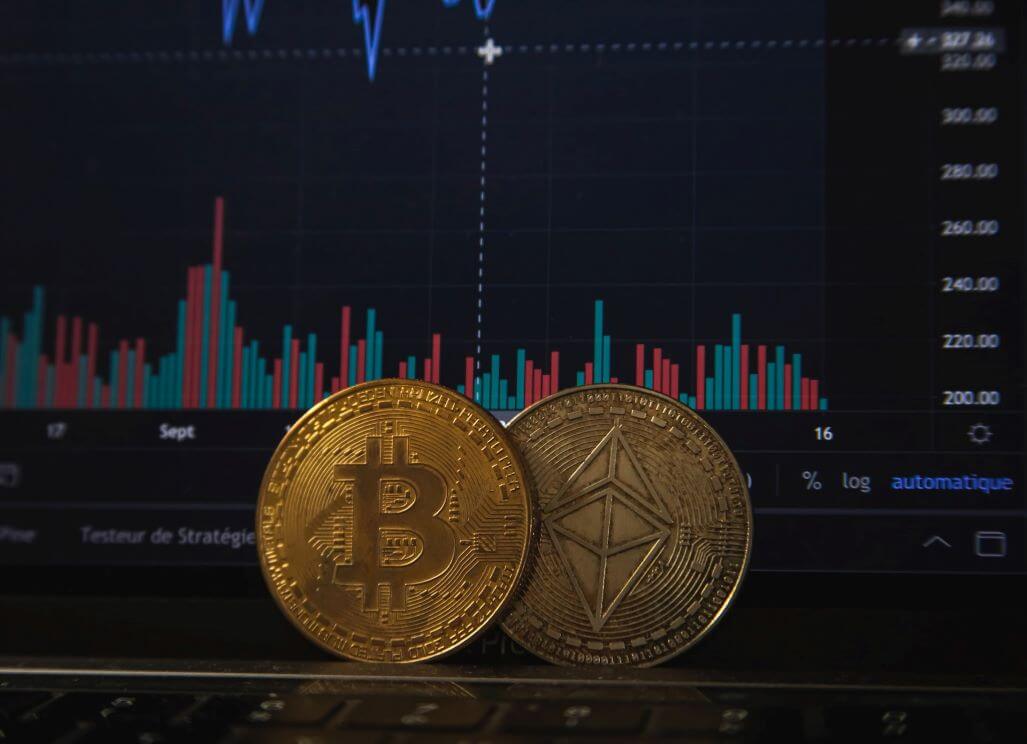How Does AML apply to Crypto?
Cryptocurrency advancement and its affiliations with financial crimes go hand in hand. Anti-Money Laundering (AML) in crypto is continuously evolving for its complex digital nature; criminals heavily exploit cryptocurrencies for bribery, corruption, narcotics trafficking, and ML-TF activities. Recently, cryptocurrencies have become the most sought-after method for miscreants who scheme to convert illegal crypto proceeds to fiat currencies. Other potential cryptocurrency money laundering threats involve online scams, ransomware, human trafficking, dark web activities, and sanctions or PEP watchlists evasions.
Different nations and international organizations have introduced crypto AML regulations to help the crypto industry combat financial crimes. Additionally, many nations have even banned crypto mining and put stricter vigilance on crypto exchange activities. An increasing number of nations have also merged the FATF Crypto Travel Rule within their AML regulations for cryptocurrencies. However, the regulations in the field of AML for crypto firms are still in their nascent stage.
Anti-Money Laundering and Crypto Regulations
Cryptocurrency Regulations in the U.S.
In the United States, cryptocurrencies are not yet defined as legal tender by its major AML-CFT standards-setting body, the Financial Crimes Enforcement Network (FinCEN). All state-approved cryptos are called “other value that substitutes for currency”. The BSA guidelines and registration with the FinCEN are the two important crypto regulations in the USA that all cryptocurrencies and Virtual Assets Service Providers (VASPs) must abide by and remain updated with.

The U.S. FinCEN AML-CFT Program – on crypto plus VASP- summarizes every aspect of AML-CFT, i.e., Know Your Customer (KYC), Currency Transaction Report (CTR), Suspicious Activity Report (SAR), Suspicious Transaction Report (STR), and Customer Due Diligence (CDD). The FinCEN is very particular about its June 2019 Travel Rule that mandates VASPs to maintain crypto CTR, SAR, and STR records and simultaneously report transactions crossing standard thresholds. For the crypto exchanges, the threshold is 10,000 USD.
The Securities and Exchange Commission (SEC) mentions that Cryptocurrencies are securities just like digital wallets. On the other hand, there is free trade for crypto derivatives, as mentioned by the Commodities Futures Trading Commission (CFTC).
The Office of Foreign Asset Control (OFAC), the U.S. statutory body on sanctions compliance, asserts mandatory screening against all virtual currency transactions, failing which the transaction must be blocked off instantly. FinCEN and OFAC applaud the Financial Action Task Force (FATF) Travel Rule regulation for scrutinizing cross-border crypto payments and anonymity in transactions.
Cryptocurrency Regulations in the U.K.
The Financial Conduct Authority (FCA) is the main AML-CFT body for cryptocurrency measures in the United Kingdom. All the Virtual Asset Service Providers (VASPs) must be registered with the FCA. Cryptocurrencies are not yet considered legal tender, and all crypto trading platforms are expected to follow the U.K. crypto regulations. As part of its AML-CFT measures, the FCA focuses on Identity Verifications of the crypto users and guides the exchanges against negligence while detecting anonymity in crypto transactions. The regulatory body puts unrelenting measures on Know Your Customer (KYC) and Customer Due Diligence (CDD) activities for combating terrorism as terrorists increasingly adopt new channels for the proliferation of weapons. Especially for those involved in high-risk crypto trading activities must be screened against sanctions, PEP, and adverse media lists.
All crypto-trading taxable earnings as defined by the Her Majesty’s Revenue and Customs (HMRC) in the U.K. Whether in the form of trading, investments, or Initial Coin Offerings (ICOs), all crypto activities in the U.K. come under the scope of AML-CFT regulations and are subject to transaction monitoring and record keeping.
International Regulations on Cryptocurrencies
The Financial Action Task Force (FATF) Recommendation 16 on DeFi cryptocurrencies has introduced stringent identity verification measures for crypto users and beneficiaries. The FATF Crypto Travel Rule for the VASPs emphasizes maintaining the correct identification of the crypto users, including originators and beneficiaries. The FATF Recommendation 16 asks the VASPs to maintain and update the user’s Personally Identifiable Information (PII). The user database should be easily retrieved while investigating the Suspicious Activity Report (SAR) in any transaction exceeding the 1000 USD threshold. The FATF also propagates well-established subpoena laws while examining Suspicious Transactions Reports (SARs) for cryptos. An important FATF measure includes blocking crypto payments from sanctioned nations, individuals, or groups.
The 5th European Directive on Money Laundering 2015 mentions video-based identification, biometric authentication, and KYC verifications of crypto users. The 5AMLD says VASPs and crypto wallets follow the same AML-CFT measures as other regulated institutions. The Financial Intelligence Units (FIUs) of the member nations hold the right to authenticate the KYC documents of the crypto users from the crypto exchanges and crypto wallet companies.
How cryptocurrency can disrupt the fiat mode of trading and payments
- With easy conversions from fiat-to-crypto and crypto-to-fiat on popular exchanges, users are spared from exorbitant trading and transaction fees to buy popular cryptos. Buyers can also easily access cryptos on crypto POS terminals, pay cash and buy cryptos with much lesser transaction fees.
- The cryptocurrency debit card has amplified crypto potential in the trading system and has brought a revolutionary change in breaking the ‘asset-like’ image of these virtual currencies. eCommerce platforms have welcomed this disruption in payment systems for online shopping and utility and restaurant bill payments.
- There has been a significant decrease in crypto trading fees, with easy wallet-to-exchange syncing. Buying and trading on cryptocurrencies have been made super easy with these new technologies in the digital currency industry.
- With multiple authentication methods, holding crypto wallets for investors/traders has become more secure. Trading on exchanges and syncing the account with wallets is no longer time-consuming. It doesn’t require extra trading/transfer fees or excessive loading charges.
- For off-chain and on-chain transactions, the exchanges have buyer-seller agreements to meet the risk regulations. Crypto payment exchanges offer instant, fraud and chargeback-free transactions.
- Today’s payment gateways offer B2C crypto transactions with relatively less recurrent fees. The gateways support fiat and crypto payment modes, integrated with multiple cryptocurrency coins and tokens.
AML Transaction Monitoring in the Crypto Industry
There are various intricacies involved with Crypto AML Regulations; the biggest and the most difficult to address is the traceability of the transactions, as customer onboarding and customer relationships are completely non-face-to-face; digital currency promotes anonymous funding and anonymous cross-border transfers. However, recently major crypto exchanges have fortified their onboarding identity verification security process of the users and their risk-based due diligence and continuous monitoring to withhold unverified suspicious transactions.
The non-face-to-face methods for VASPs and crypto wallet onboarding make cryptocurrencies a considerable high-risk business. Regulated businesses are advised to operate crypto AML Transaction Monitoring Software to combat money laundering and terrorism financing-related threats.
IDMerit extends state-of-art crypto AML Transaction Monitoring Solutions to crypto exchanges worldwide. Contact our Crypto AML Regulations Expert today to discuss an end-to-end Crypto AML-CFT software for your business.
